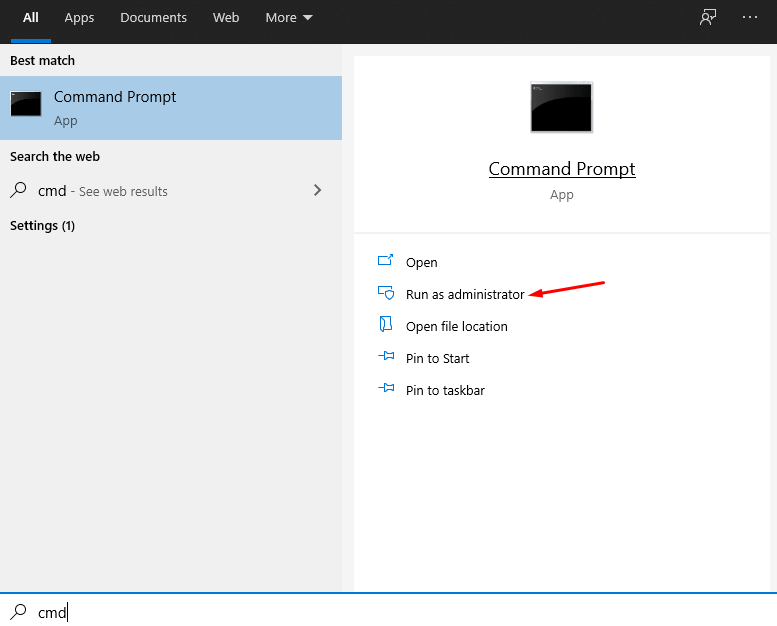
Windows OS comes with many useful tools that allow users to fix issues and scan system for errors. One of the most useful Windows utility is CHKDSK. It is the short form of check disk. This CHKDSK Command is used to repair issues like bad sectors, lost clusters, and hard disk sector errors.
You don’t need to download any software to use this tool. Windows OS comes with this tool, and anyone can use this tool via Command Prompt.
You can also access this tool from My Computer > Properties > Tools.
Chkdsn is a Linux-based command-line utility that can scan your data from physical or logical hard drive media, including CD, DVD, and USB. It is similar to many other command-line utilities like a copy, FAT32, FAT, and so on. Chkdsn is designed for Windows OS. The chkdsk command can be used to check disks of your computer, repair a system, recover deleted files, and fix software glitches.
Not only Windows 10, but you can access this CHKDSK tool in Windows 7, Windows 8, and Windows XP.
How to run CHKDSK in Windows
There are many different ways to run the CHKDSK tool in Windows. If you can’t boot your OS, then you can run CHKDSK Command into recovery mode.
How to Open CHKDSK in Windows 7
If you are using Windows 7, then follow these steps:
1. Open the start menu and then search for “cmd”.
2. Right-click on it and choose run as administrator.

3. Now type this command “chkdsk“> press enter.
It will take some time to scan your entire disk. It will fix all the errors automatically. You don’t need to do anything.
4. Once done, restart your PC.
How to Open CHKDSK in Windows 10
To run CHKDSK Utility in Windows 10, follow these steps:
1. Open the Start menu and then search for CMD.
2. On the right side, click on Run as Administrator.

Press YES if asked.
3. It will open a Command Prompt as admin rights.
4. Type the “chkdsk” command and press enter.

Commands and parameters
/c – NTFS volume only
/f – Fixes errors on a volume
/i – Check of index entries on NTFS volume
/r – Locates the bad sectors of your hard drive & recovers
Other Useful Windows 10 Guides:
- How to Open RUN Command Box in Windows 10
- How to Take a Screenshot on Windows 10
- How to Install Windows updates in Safe Mode
- How to Find IP Address on Windows 10
- How to Hide Taskbar in Windows 10
- How to Setup Dual Monitors in Windows 10
- How To Change Your Mouse Speed in Windows 10
- How to Play DVD on Windows 10
- How to Delete Temporary Files in Windows 10
- How To Boot To Safe Mode In Windows 10








